Home>diy>Home Improvement>How Much Does A Kitchen Renovation Increase Home Value
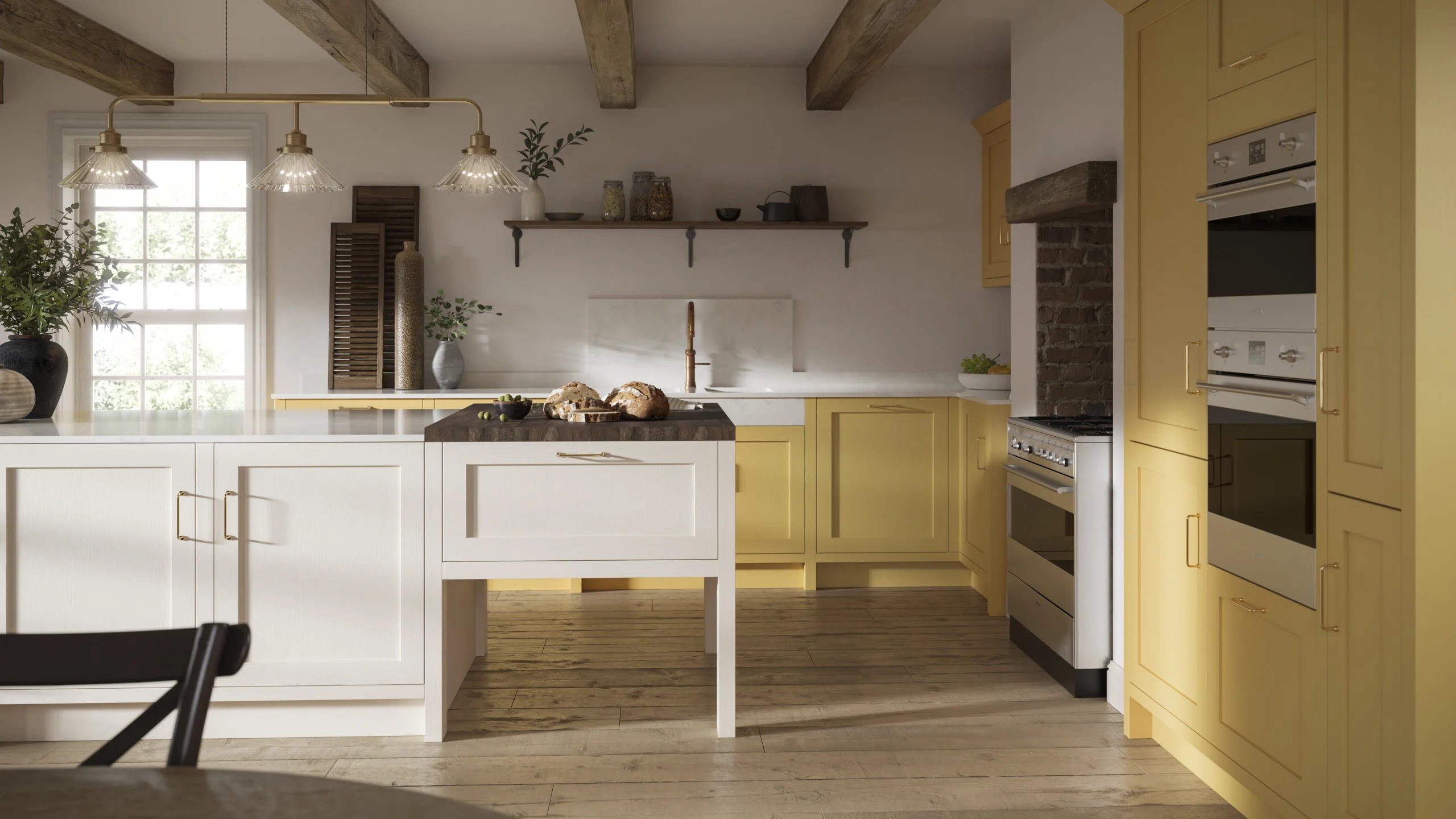

Home Improvement
How Much Does A Kitchen Renovation Increase Home Value
Modified: October 26, 2024
Increase the value of your home with a kitchen renovation. Find out how much you can expect your home value to rise with this popular home improvement project.
(Many of the links in this article redirect to a specific reviewed product. Your purchase of these products through affiliate links helps to generate commission for Storables.com, at no extra cost. Learn more)
Introduction
When it comes to home improvement projects, few have the power to transform a space quite like a kitchen renovation. Not only can a revamped kitchen improve the functionality and aesthetics of your home, but it can also significantly increase its value. Whether you’re planning to sell your property in the near future or simply want to enjoy a more stylish and efficient kitchen, understanding the impact of a kitchen renovation on home value is crucial.
Before diving into the details of how a kitchen renovation can increase the value of your home, it’s important to consider a few factors. First and foremost, you need to assess your budget and determine how much you are willing to invest in the project. Kitchen renovations can range from small updates, such as new countertops and appliances, to full-scale remodels that involve replacing cabinets, flooring, and plumbing. Knowing your budget will help you make informed decisions and avoid overspending.
Another key factor to consider is the condition of your current kitchen. Is it outdated, showing signs of wear and tear, or lacking in functionality? Identifying the specific problems or shortcomings of your kitchen will guide your renovation plans. Whether it’s improving storage space, upgrading appliances, or enhancing the overall layout, addressing these issues will add value to your home.
Additionally, it’s essential to research the real estate market in your area. Assessing the trends and demands of potential buyers will help you make renovation choices that align with market preferences. For example, if open-concept kitchens are highly sought after in your area, incorporating this design element into your renovation can boost your home’s appeal and value.
Now that we’ve discussed some important considerations before embarking on a kitchen renovation, let’s delve into the average cost of such a project. Understanding the financial aspect will help you determine the potential return on investment and whether it aligns with your goals and budget.
Key Takeaways:
- A well-planned kitchen renovation can significantly increase home value by enhancing functionality, aesthetics, and energy efficiency, making it a worthwhile investment for homeowners.
- Careful consideration of market trends, budget, and ROI potential is crucial before embarking on a kitchen renovation, ensuring a successful and value-boosting project.
Factors to Consider Before a Kitchen Renovation
Embarking on a kitchen renovation can be an exciting but daunting task. It’s essential to consider several factors before diving into the project to ensure a successful and satisfying outcome. Let’s explore these key factors:
- Functionality: Assess how well your current kitchen functions and identify any pain points or areas that need improvement. Consider factors such as layout, appliances, storage space, and workflow. Understanding your needs and desired functionality will guide your renovation plans.
- Budget: Determine your budget for the renovation and establish a realistic spending limit. This will influence the scope of the project and the materials and finishes you can afford. It’s important to allocate funds for both essential elements and aesthetic enhancements.
- Market Trends: Research the current market trends in kitchen design and consider incorporating popular elements. This can enhance the appeal and value of your home if you decide to sell in the future. Stay up-to-date with design magazines, online resources, and local real estate trends.
- Sustainability: Consider incorporating eco-friendly and energy-efficient elements into your kitchen renovation. Not only will this contribute to a healthier environment, but it can also attract environmentally conscious buyers and potentially increase the value of your home.
- Professional Help: Assess whether you have the skills, time, and resources to undertake the renovation yourself or if you need to hire professionals. While a DIY approach may save money, complex projects may require the expertise and experience of contractors, architects, or interior designers.
- Permits and Regulations: Determine if any permits or approvals are required before starting the renovation. Familiarize yourself with local building codes and regulations to ensure compliance and prevent costly delays or penalties.
- Timeline: Set a realistic timeline for your kitchen renovation. Consider factors such as ordering materials, hiring professionals, and potential disruptions to your daily routine. Proper planning can help minimize stress and ensure a smooth and efficient process.
- Future Plans: Consider your long-term plans for the property. If you’re planning to sell in the near future, it’s important to focus on renovations that have a high return on investment. However, if you plan to stay in your home for an extended period, prioritize improvements that align with your personal preferences and lifestyle.
By carefully considering these factors before starting your kitchen renovation, you can set yourself up for success. Planning and preparation are key to achieving a functional, aesthetically pleasing, and value-boosting kitchen that meets your needs and preferences.
Average Cost of a Kitchen Renovation
Determining the average cost of a kitchen renovation can be challenging, as it depends on various factors such as the size of the kitchen, the extent of the renovation, the quality of materials, and the location. However, understanding the approximate costs involved will provide a general idea of what to expect. Let’s break down the typical expenses involved in a kitchen renovation:
- Design and Planning: This phase involves working with a professional designer or architect to create a detailed plan for your kitchen renovation. The design fees can range from $1,000 to $5,000, depending on the complexity of the project and the expertise of the designer.
- Demolition and Removal: Before beginning the renovation, you’ll need to remove the existing fixtures, cabinets, countertops, and flooring. The cost of demolition and removal can range from $500 to $3,000, depending on the size of the kitchen and the complexity of the removal process.
- Structural Changes: If you plan to make structural changes to your kitchen, such as removing walls or expanding the space, additional costs will be incurred. This can vary greatly depending on the complexity of the changes and potential requirements for engineering or permits.
- Cabinetry: The cost of kitchen cabinets can vary widely based on factors such as material, style, and customization. On average, cabinets account for around 30% to 40% of the total renovation cost. Depending on your preferences and budget, cabinet costs can range from $5,000 to $30,000 or more.
- Countertops: The cost of countertops depends on the material chosen, such as granite, quartz, or laminate. Prices can range from $1,500 to $5,000 for an average-sized kitchen.
- Appliances: Upgrading or replacing appliances is another significant expense in a kitchen renovation. The cost will depend on the brand, features, and quantity of appliances purchased. A typical budget for appliances can range from $3,000 to $10,000 or more.
- Flooring: The type of flooring you choose, such as hardwood, tile, or laminate, will impact the cost. Flooring expenses can range from $2,000 to $7,000 or more.
- Lighting and Fixtures: Upgrading lighting fixtures, faucets, and other kitchen accessories can add to the overall cost. The budget for lighting and fixtures can range from $1,000 to $3,000.
- Labour and Installation: Hiring professionals for the renovation, including carpenters, plumbers, electricians, and painters, is an additional cost. Labour expenses can vary depending on the complexity of the project and the region, but typically range from $5,000 to $15,000.
Considering the above estimates, a moderate kitchen renovation can cost anywhere from $20,000 to $50,000 or more. However, keep in mind that these figures are just averages and can vary greatly based on your specific requirements and location. It’s advisable to obtain multiple quotes from contractors and suppliers to ensure you get the best value for your money.
Now that we have an understanding of the potential costs involved in a kitchen renovation, let’s explore how investing in this project can enhance the value of your home.
How a Kitchen Renovation Can Increase Home Value
A kitchen renovation is one of the most impactful home improvement projects when it comes to increasing the value of your property. Here are some ways in which a kitchen renovation can boost your home’s value:
- Improved Functionality: A well-designed kitchen that maximizes space, storage, and workflow can be highly appealing to potential buyers. By optimizing the layout and incorporating modern appliances and fixtures, you create a functional and efficient space that adds value to your home.
- Enhanced Aesthetics: Updating your kitchen’s design and aesthetics can have a significant impact on its perceived value. Upgrading cabinets, countertops, flooring, and lighting fixtures can give your kitchen a fresh, modern look that appeals to buyers. Aesthetic improvements can make your kitchen the focal point of your home and leave a lasting impression on potential buyers.
- Updated Technology and Energy Efficiency: Incorporating energy-efficient appliances, smart technologies, and sustainable features into your kitchen renovation can attract environmentally conscious buyers. Energy-efficient appliances not only lower utility costs but also show that your home is up-to-date with the latest advancements in technology.
- Increased Home Value: A well-executed kitchen renovation has the potential to increase your home’s overall value. According to real estate experts, a kitchen renovation has one of the highest return on investments (ROIs) among home improvement projects. The value gained from the renovation can offset the initial investment and provide a significant return if you decide to sell your home.
- Competitive Advantage: When selling your home, an updated and stylish kitchen can give you a competitive edge in the real estate market. A well-renovated kitchen can make your property stand out among comparable listings and attract more potential buyers. It can create a positive impression and justify a higher asking price.
- Increased Resale Appeal: Kitchens are often considered the heart of a home, and buyers tend to prioritize this space when making purchasing decisions. By investing in a kitchen renovation, you are investing in one of the most influential aspects of attracting potential buyers and increasing the likelihood of a quick and profitable sale.
It’s important to note that the key to increasing your home’s value through a kitchen renovation is to strike a balance between quality, functionality, and aesthetics. Understanding the preferences and trends in your local real estate market can help you make informed decisions and ensure that your renovation aligns with buyer expectations.
Now that we’ve explored how a kitchen renovation can increase home value, let’s delve into the potential return on investment for such a project.
When renovating a kitchen, focus on high-impact upgrades such as new countertops, cabinets, and appliances. These improvements can increase home value by 10-15%.
Return on Investment for a Kitchen Renovation
One of the key considerations when planning a kitchen renovation is the potential return on investment (ROI). While a kitchen renovation can significantly enhance the value of your home, it’s important to assess the financial impact of the project. Let’s explore the factors that determine the ROI for a kitchen renovation:
Market Conditions: The state of the real estate market in your area can play a role in determining the ROI for your kitchen renovation. If the market is hot and there is high demand for homes, your renovated kitchen is likely to fetch a higher selling price, resulting in a better ROI. Conversely, in a slow market, it may be more challenging to recoup your investment.
Quality of Renovation: The quality of the materials and workmanship in your kitchen renovation can impact the ROI. Using durable materials, such as solid wood cabinets and high-quality countertops, can increase the perceived value of your home. Additionally, ensuring that the renovation is done professionally and with attention to detail can make a significant difference in the final sale price.
Competition and Comparable Sales: The competition in your neighborhood and the sale prices of comparable homes with renovated kitchens in your area can help gauge the potential ROI. Real estate agents can provide valuable insights into the market and help you determine a reasonable selling price that reflects the value of your kitchen renovation.
Type of Renovation: The extent and type of renovation can influence the ROI. For example, a minor kitchen update, such as repainting cabinets, replacing hardware, and installing new appliances, may have a lower ROI compared to a major renovation that involves replacing cabinets, countertops, flooring, and appliances. However, it’s important to assess your goals and budget to determine the appropriate level of renovation for your needs.
While ROI can vary depending on these factors, studies show that a well-executed kitchen renovation can typically yield an ROI of 70% to 80% or more. This means that for every dollar you invest in your kitchen renovation, you can expect to recoup a significant portion when you sell your home.
However, it’s important to consider that the ROI of a kitchen renovation is not solely monetary. A renovated kitchen can also contribute to a faster sale and increased buyer interest, which may outweigh the financial ROI. Additionally, the enjoyment and satisfaction you derive from using a beautifully renovated kitchen during your time in the home should not be overlooked.
Ultimately, the ROI for a kitchen renovation depends on various factors unique to your situation. Consulting with a real estate professional and calculating potential costs and gains can help you make an informed decision regarding your kitchen renovation and its potential ROI.
Now, let’s explore some popular kitchen renovation trends to inspire your project.
Read more: How Much Does A Driveway Increase Home Value
Popular Kitchen Renovation Trends
When planning a kitchen renovation, it’s important to stay up-to-date with the latest trends in kitchen design and décor. Incorporating current trends can not only enhance the overall aesthetic appeal of your kitchen but also increase its resale value. Let’s explore some popular kitchen renovation trends that you might consider for your project:
- Open-Concept Layouts: Open-concept kitchens have gained immense popularity in recent years. They involve removing walls and barriers to create a seamless flow between the kitchen, dining area, and living space. This design trend not only makes the space feel larger and more inviting but also facilitates better interaction and connectivity.
- White and Neutral Colors: White and neutral color schemes continue to dominate kitchen design. They create a timeless and versatile look that can easily adapt to various design styles. White cabinets, countertops, and backsplashes paired with natural wood accents or pops of color can give your kitchen a fresh and modern feel.
- Minimalistic Design: The minimalist approach to kitchen design focuses on clean lines, clutter-free surfaces, and streamlined aesthetics. This trend emphasizes functionality and simplicity, often with hidden storage solutions, integrated appliances, and sleek fixtures.
- Smart Technology: As technology advances, smart home features have become increasingly popular in kitchen renovations. Smart appliances, touchless faucets, voice-controlled lighting, and integrated home automation systems bring convenience and efficiency to the kitchen.
- Statement Lighting: Unique and eye-catching lighting fixtures have become a focal point in modern kitchen designs. Pendant lights, chandeliers, and oversized fixtures can add a touch of elegance and personality to your kitchen space.
- Mixed Materials: Mixing various materials, textures, and finishes can create visual interest and depth in your kitchen. Incorporate combinations such as wood and metal, matte and glossy surfaces, or natural and man-made materials to add dimension and character to the space.
- Sustainable and Eco-Friendly Features: As environmental awareness grows, homeowners are increasingly incorporating sustainable elements into their kitchen renovations. Energy-efficient appliances, recycled materials, eco-friendly flooring, and water-saving fixtures not only reduce the environmental impact but also appeal to environmentally conscious buyers.
- Large Kitchen Islands: Kitchen islands continue to be a popular feature in modern kitchen designs. Not only do they provide additional workspace and storage, but they also serve as a gathering place for family and friends. Adding seating options, such as bar stools or built-in benches, can enhance the functionality and social aspect of the kitchen island.
Remember, while trends can provide inspiration for your kitchen renovation, it’s important to choose elements that reflect your personal style and preferences. Consider the overall aesthetic of your home, the functionality you desire, and the durability and maintenance requirements of different trends before making your final decisions.
Now that you have an idea of the popular kitchen renovation trends, let’s discuss the pros and cons of hiring professionals versus taking on a DIY renovation.
Hiring Professionals vs. DIY Renovation
When it comes to a kitchen renovation, one of the key decisions you’ll need to make is whether to hire professionals or take on the project yourself. Both options have their advantages and considerations. Let’s explore the pros and cons of hiring professionals versus a DIY renovation:
Hiring Professionals:
Pros:
- Expertise and Experience: Professional contractors, architects, and designers have the expertise and experience to handle all aspects of a kitchen renovation. They can provide valuable insights, creative ideas, and practical solutions to ensure a successful outcome.
- Time and Efficiency: Hiring professionals can save you time and effort. They have the necessary skills and resources to complete the renovation efficiently, minimizing delays and potential mistakes. They can also coordinate and manage the various trades involved in the project.
- Quality Workmanship: Professionals are trained and equipped to deliver high-quality workmanship. They have access to the latest tools, techniques, and materials, ensuring a professional finish that meets industry standards.
- Access to Resources: Professionals often have established relationships with suppliers, ensuring access to a wide range of materials at competitive prices. They can help you make informed decisions regarding the best materials and finishes for your budget and desired outcome.
- Permits and Licensing: Professionals are knowledgeable about building codes, regulations, and permits required for a kitchen renovation. They can handle the paperwork and ensure compliance with local regulations, saving you the hassle and potential legal issues.
Cons:
- Costs: Hiring professionals for a kitchen renovation can be more expensive compared to a DIY approach. You’ll need to budget for their fees, materials, and any additional services they provide.
- Less Control: When you hire professionals, you relinquish some control over the renovation process. You’ll need to communicate your vision and preferences clearly, but ultimately, professionals will make decisions based on their expertise.
- Scheduling and Flexibility: Working with professionals means coordinating schedules and potentially adjusting your timeline to fit theirs. You’ll need to consider their availability and factor in any potential delays that may arise.
DIY Renovation:
Pros:
- Cost Savings: One of the primary advantages of a DIY renovation is cost savings. By eliminating labor costs, you can allocate more of your budget towards materials and finishes.
- Control and Flexibility: Taking on a DIY renovation allows you to have full control over the project. You can make decisions and adjustments as you go, tailoring the renovation to your preferences and needs.
- Sense of Accomplishment: Completing a kitchen renovation on your own can be highly rewarding. It gives you the opportunity to showcase your skills and creativity while adding value to your home.
Cons:
- Lack of Expertise: Unless you have experience and knowledge in kitchen renovations, DIY projects can be challenging. Mistakes can be costly and time-consuming to rectify, potentially affecting the overall quality of the renovation.
- Time and Effort: DIY renovations require significant time and effort. You’ll need to invest in research, planning, and learning new skills, as well as physically completing the renovation. This can be demanding, especially if you have limited time or other commitments.
- Potential Delays and Mistakes: Without professional guidance, there is a higher risk of delays and mistakes during a DIY renovation. This can lead to frustration, additional costs, and suboptimal results.
Ultimately, the decision between hiring professionals or opting for a DIY renovation depends on your skills, resources, budget, and personal preferences. Consider the complexity of the renovation, your comfort level with the tasks involved, and the resources available to you before making a decision.
Now that you have weighed the pros and cons, you can make an informed choice about how to proceed with your kitchen renovation. Remember, whether you choose professionals or a DIY approach, the key is to plan thoroughly, set realistic expectations, and enjoy the transformation of your kitchen space.
If you wish to discuss your kitchen renovation project or have any questions, feel free to reach out to us. Good luck with your renovation!
Please note: The information provided in this article is for general guidance purposes only and does not constitute professional advice. Always consult with qualified professionals for specific recommendations and guidance tailored to your unique situation.
Conclusion
A kitchen renovation is a powerful home improvement project that can enhance the functionality, aesthetics, and value of your home. By carefully considering factors such as budget, functionality, market trends, and your long-term goals, you can make informed decisions that will set you on the path to a successful renovation.
Understanding the average cost of a kitchen renovation and its potential return on investment is crucial for budget planning and determining the financial impact of the project. While the costs can vary based on factors such as size, scope, and materials, a well-executed kitchen renovation has the potential to yield a significant ROI and attract potential buyers.
Staying abreast of popular kitchen renovation trends can inspire your project and ensure that your kitchen reflects modern design preferences. From open-concept layouts and neutral color schemes to smart technology and sustainable features, incorporating these trends can enhance the aesthetics and functionality of your kitchen.
Deciding whether to hire professionals or attempt a DIY renovation is a key consideration. While hiring professionals offers expertise, efficiency, and quality workmanship, a DIY approach can provide cost savings, control, and a sense of accomplishment. Carefully evaluate your skills, resources, and comfort level to make the best choice for your unique situation.
In conclusion, a well-planned and executed kitchen renovation can significantly increase the value of your home while providing you with a beautiful and functional space. Whether you’re preparing for a future sale or simply wanting to enjoy an upgraded kitchen, this investment can bring long-lasting benefits and enjoyment.
Remember, undertaking a kitchen renovation requires careful planning, thorough research, and attention to detail. Consult with professionals, gather multiple quotes, and create a realistic timeline to ensure a smooth and successful renovation experience.
Good luck with your kitchen renovation project, and may your newly transformed kitchen bring joy and value to your home for years to come!
Please note: The information provided in this article is for general guidance purposes only and does not constitute professional advice. Always consult with qualified professionals for specific recommendations and guidance tailored to your unique situation.
Frequently Asked Questions about How Much Does A Kitchen Renovation Increase Home Value
Was this page helpful?
At Storables.com, we guarantee accurate and reliable information. Our content, validated by Expert Board Contributors, is crafted following stringent Editorial Policies. We're committed to providing you with well-researched, expert-backed insights for all your informational needs.
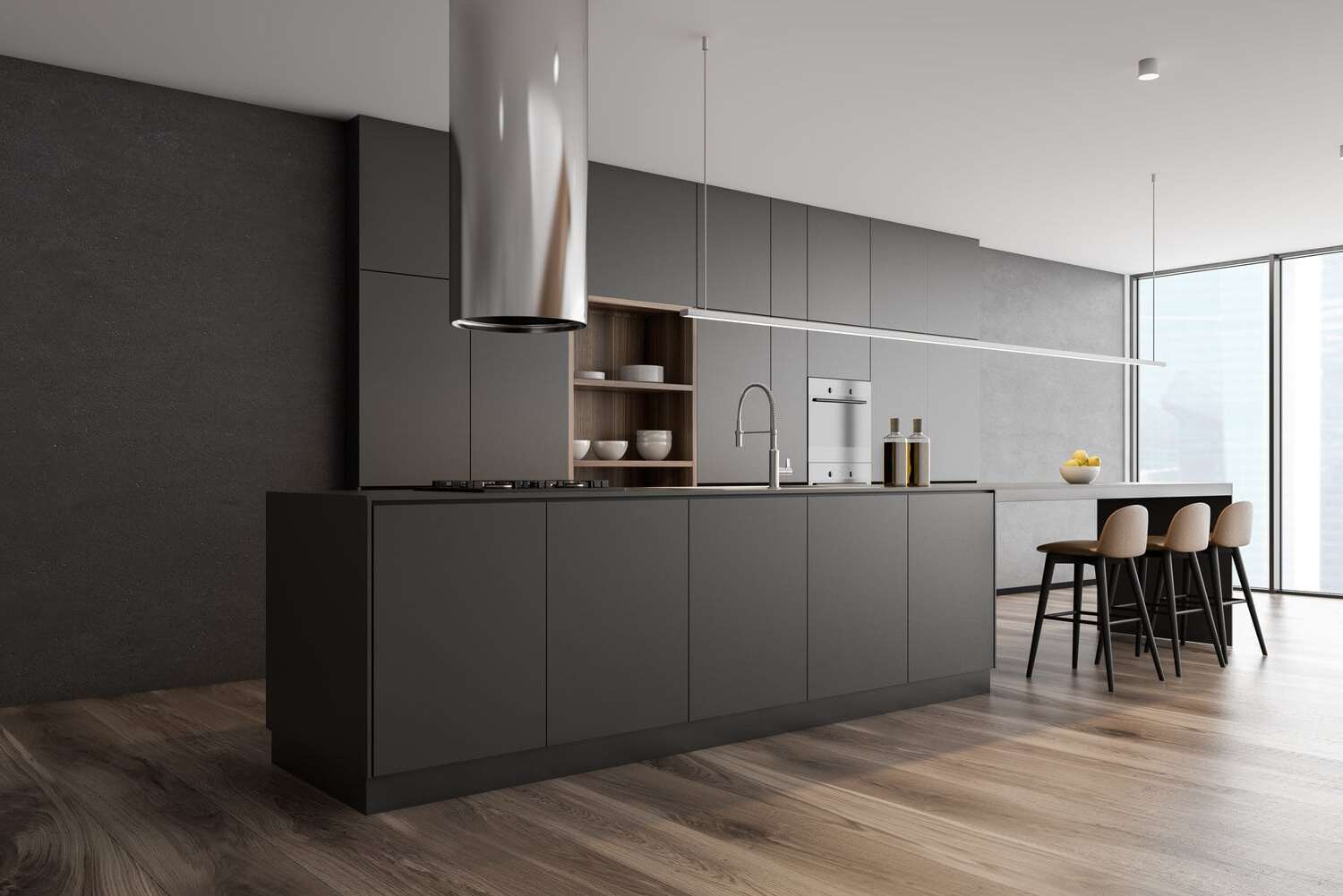

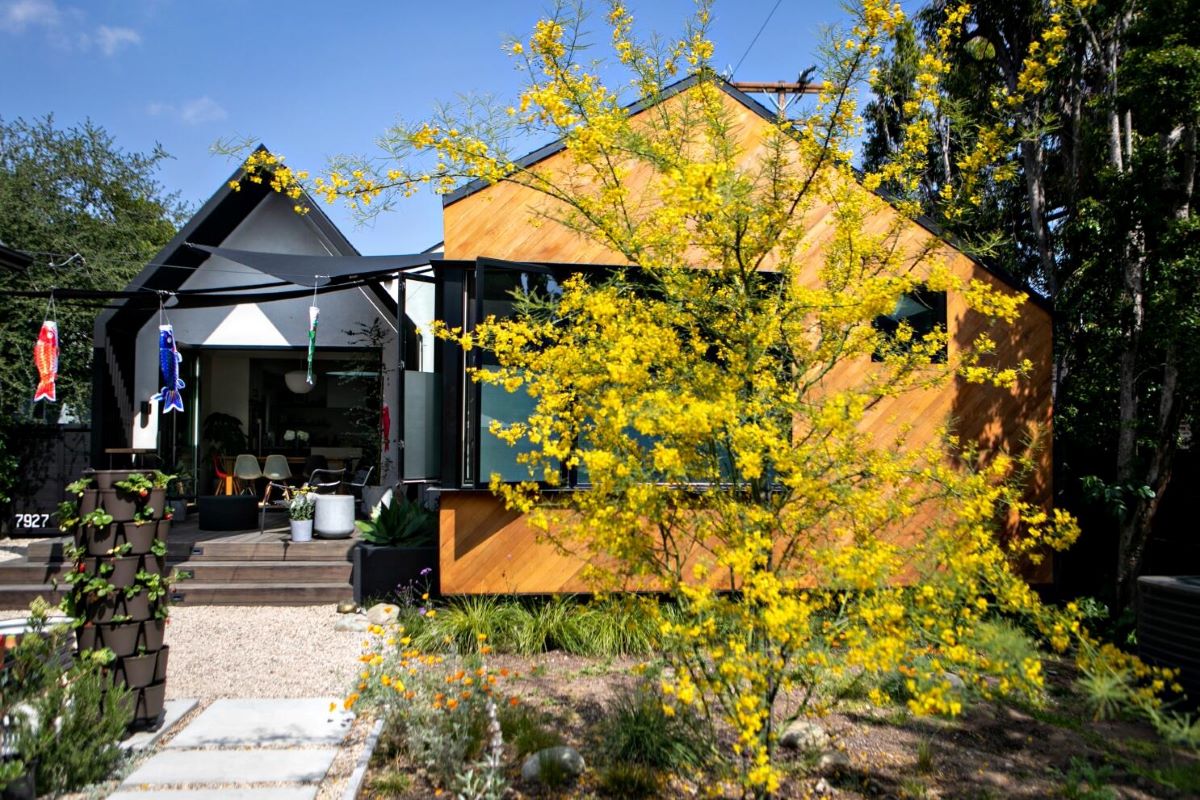
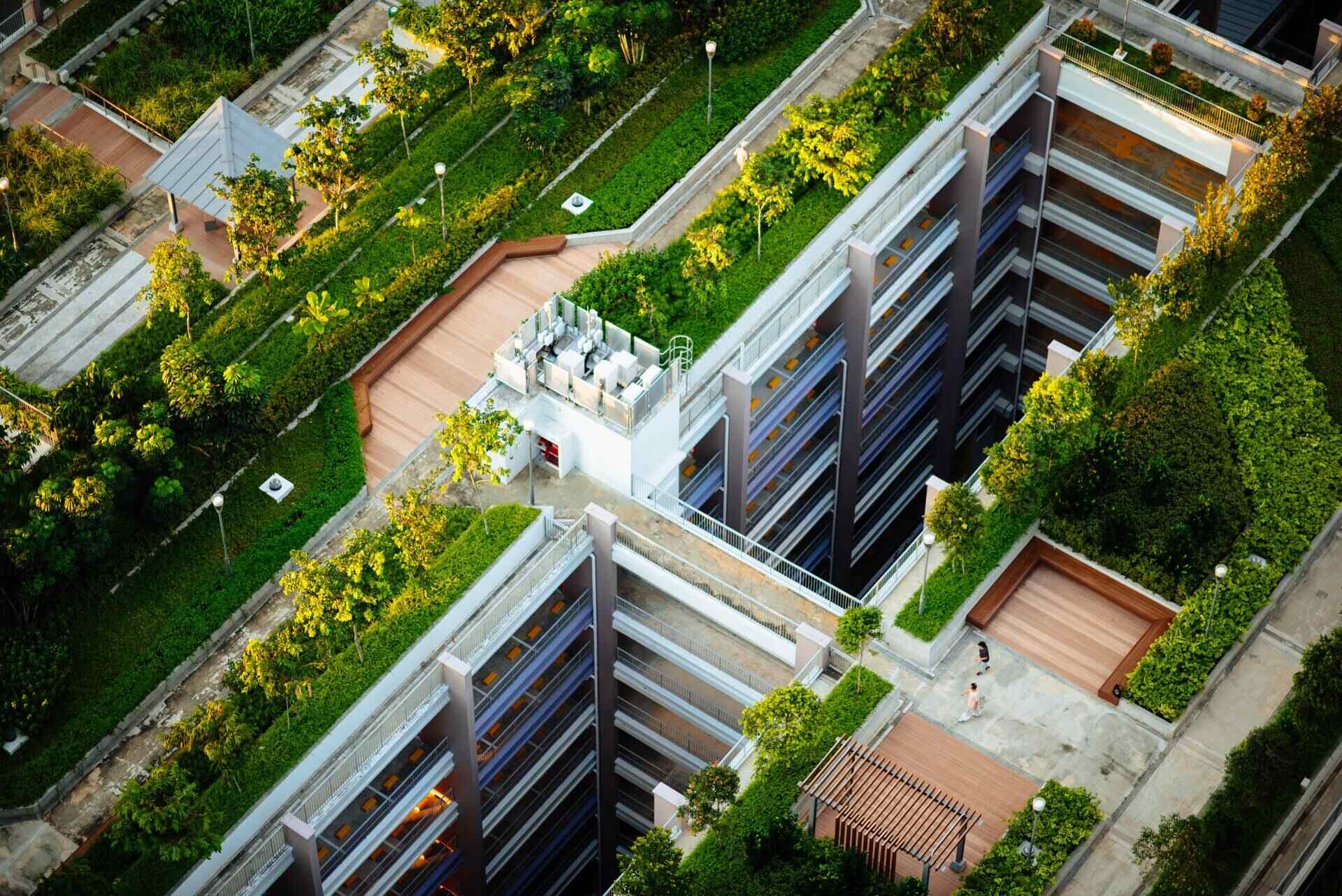
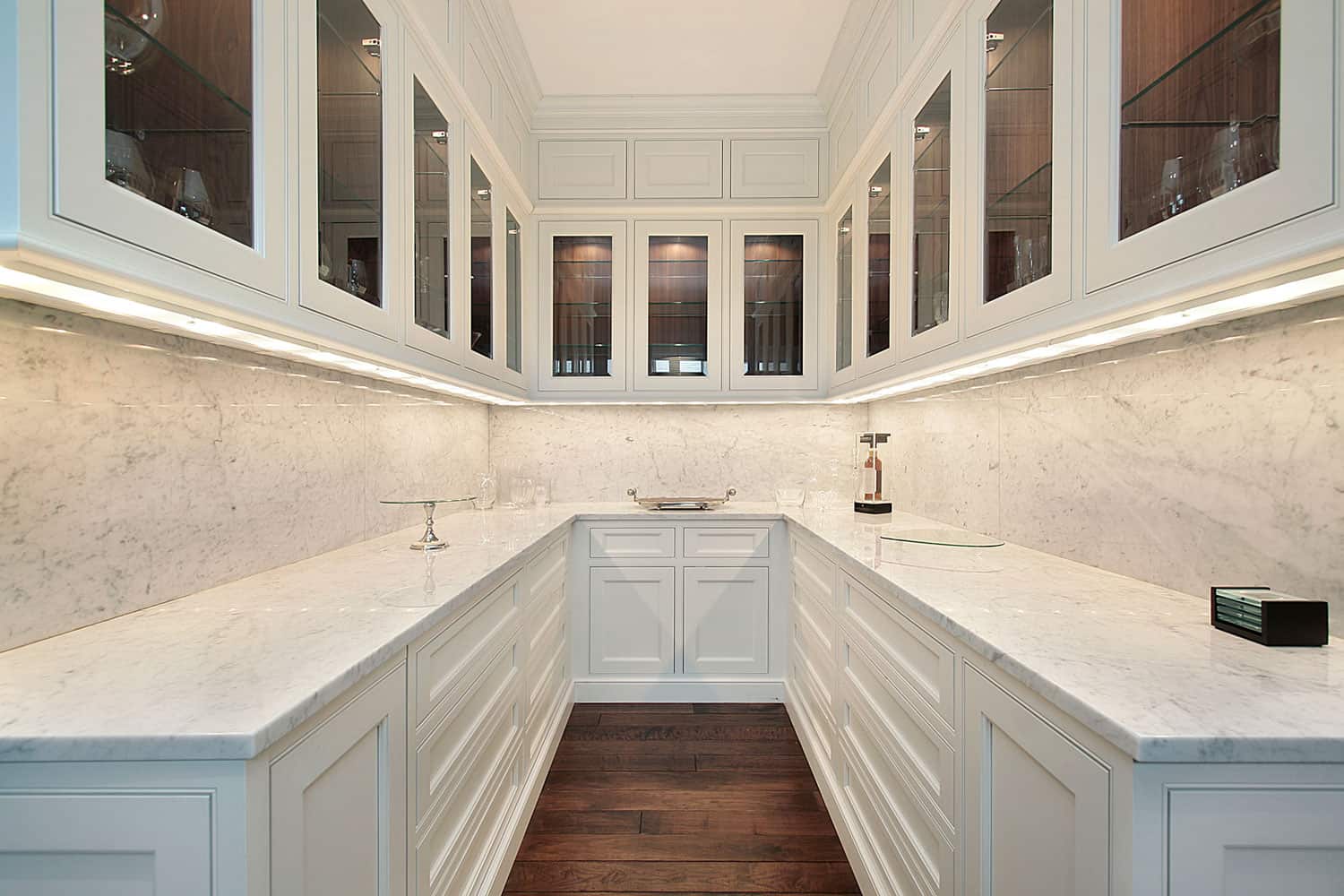



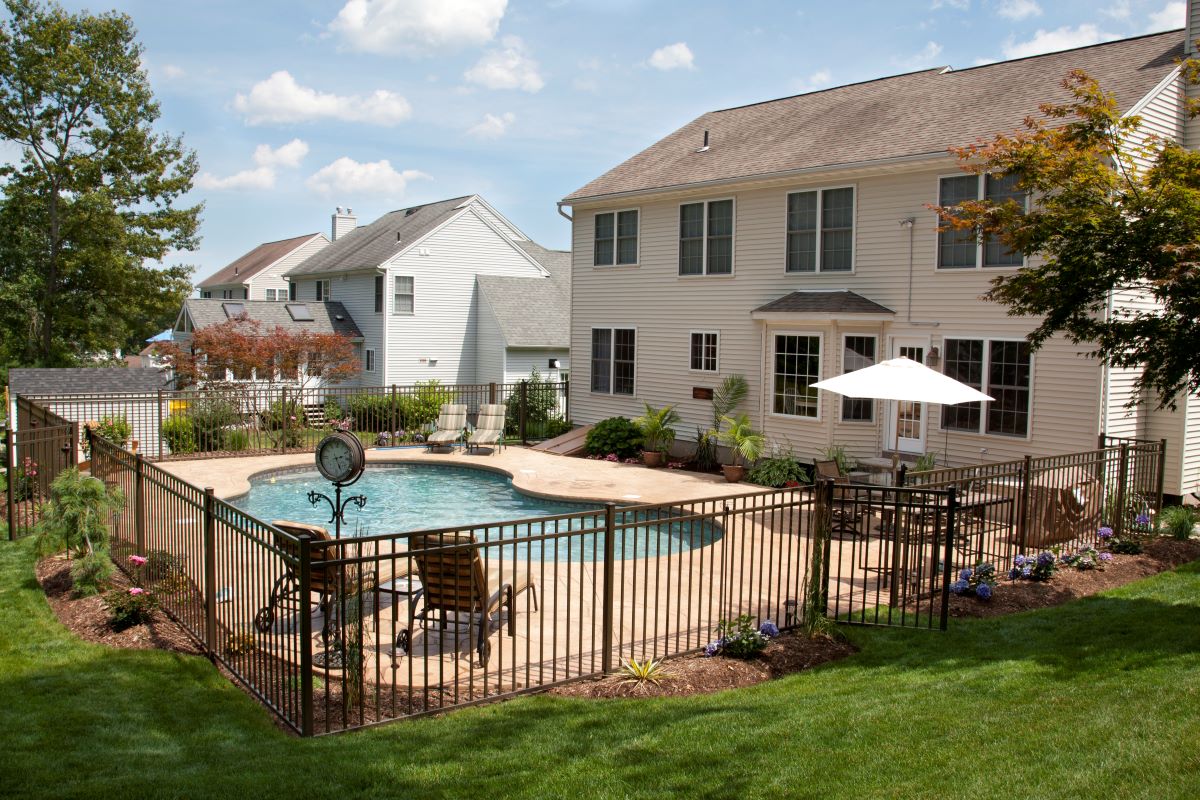
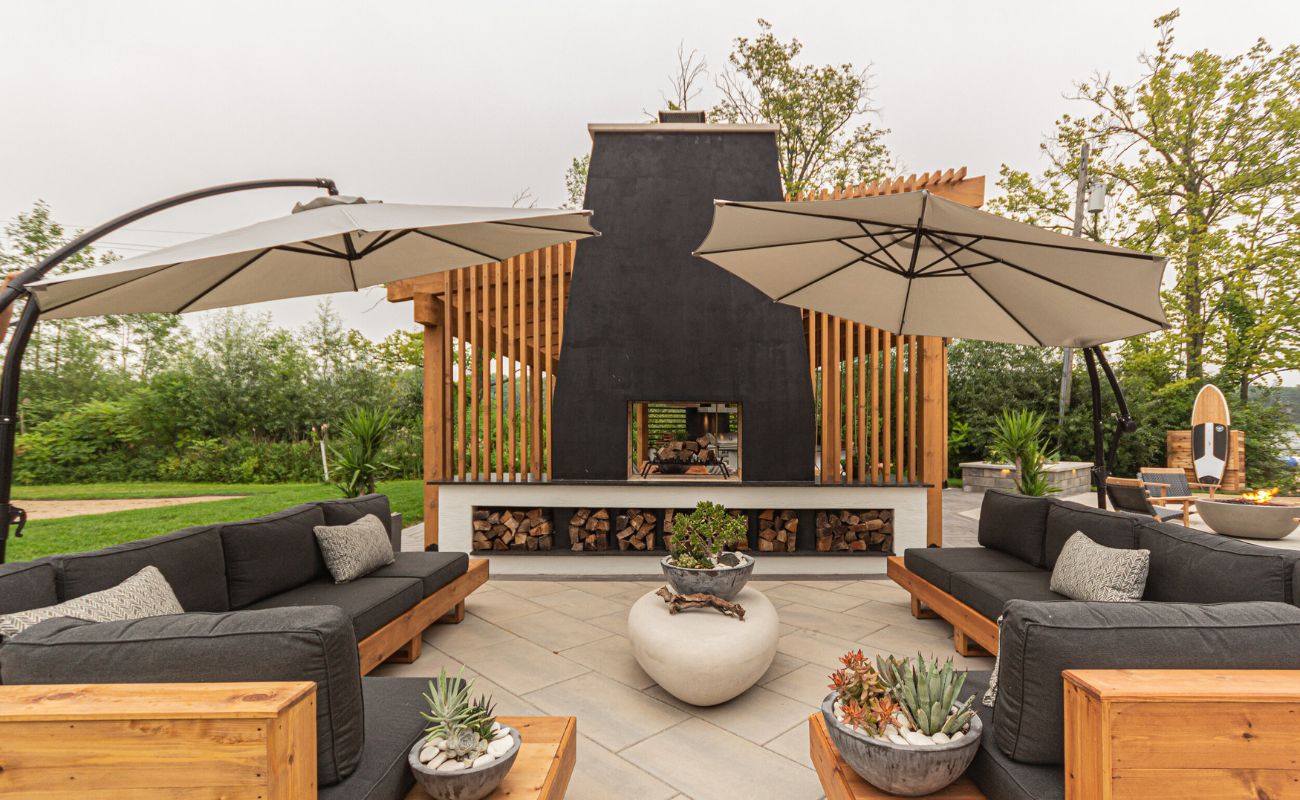

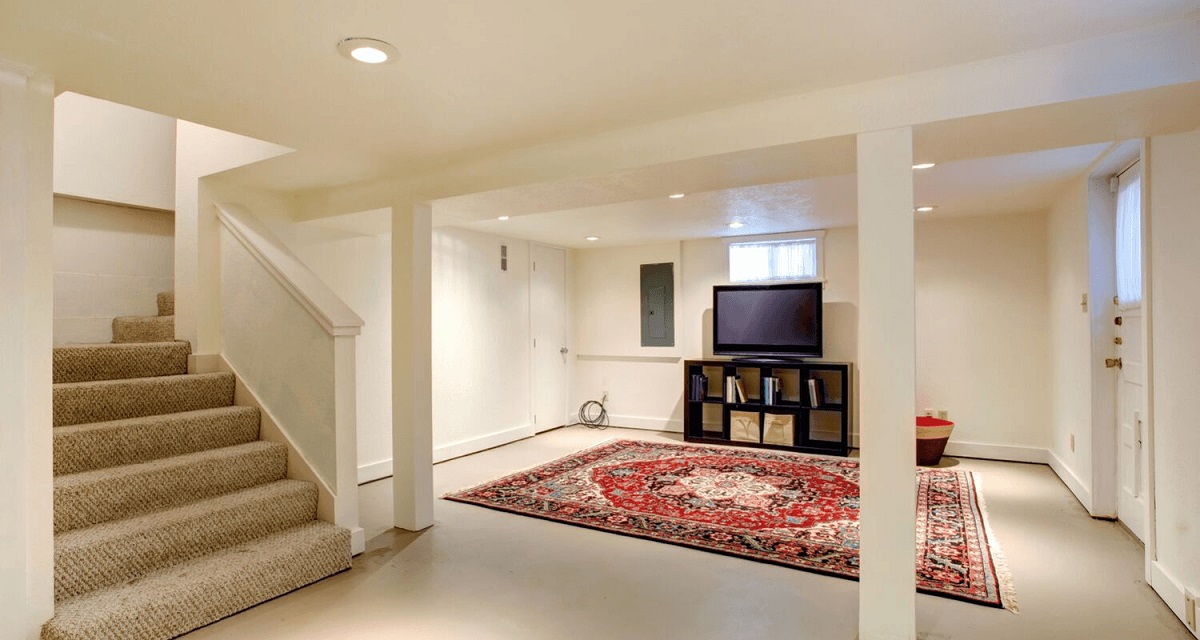
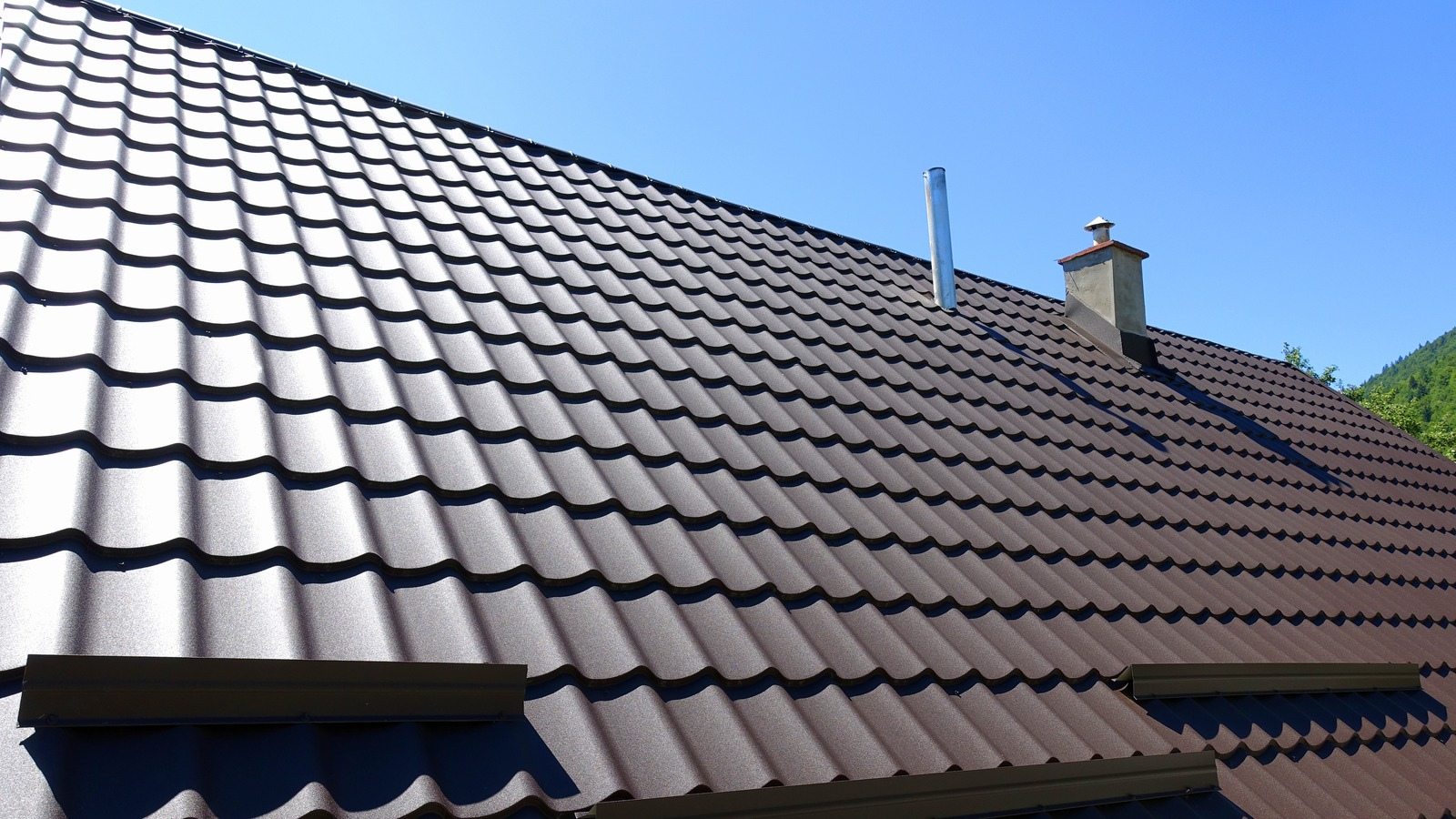
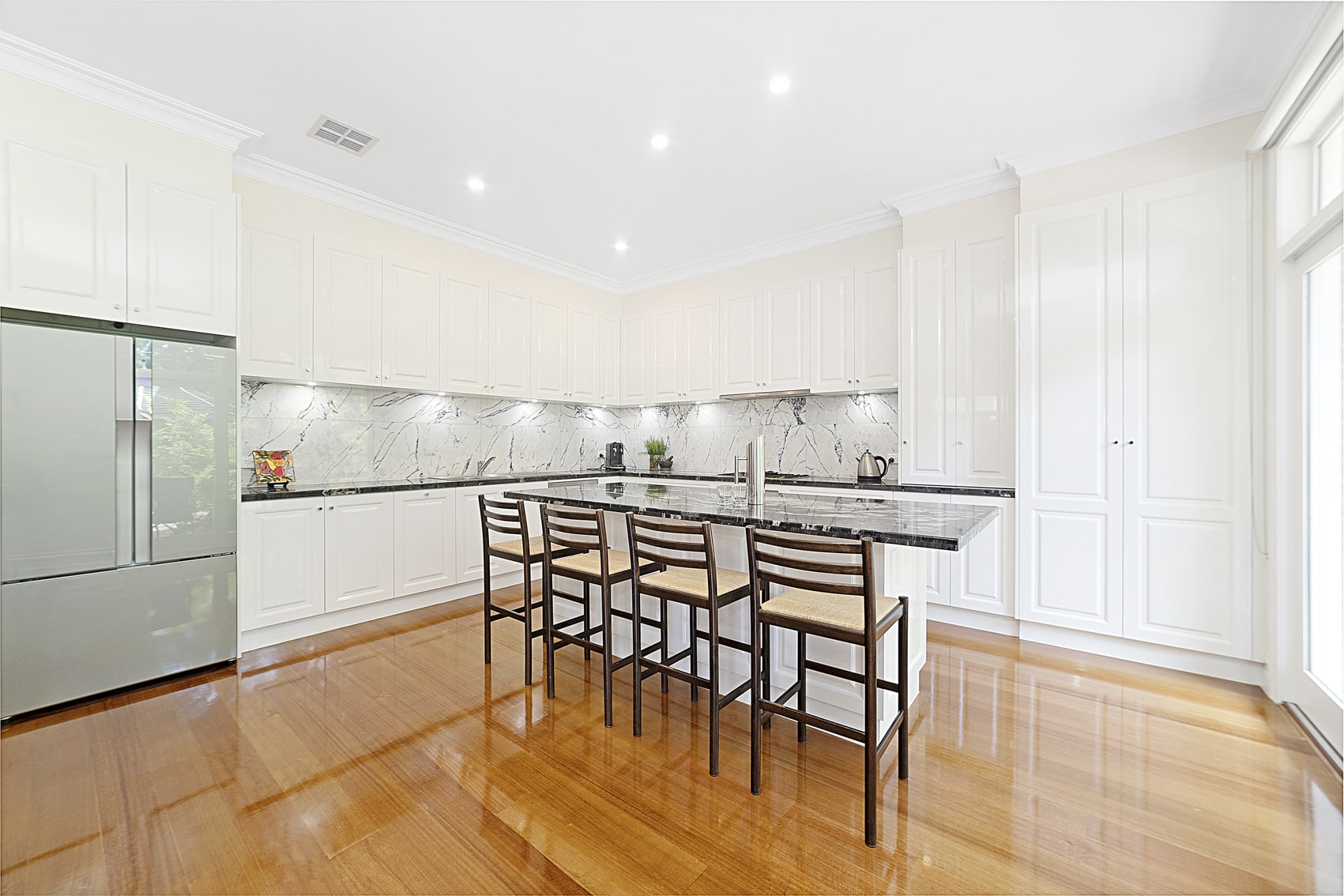

0 thoughts on “How Much Does A Kitchen Renovation Increase Home Value”